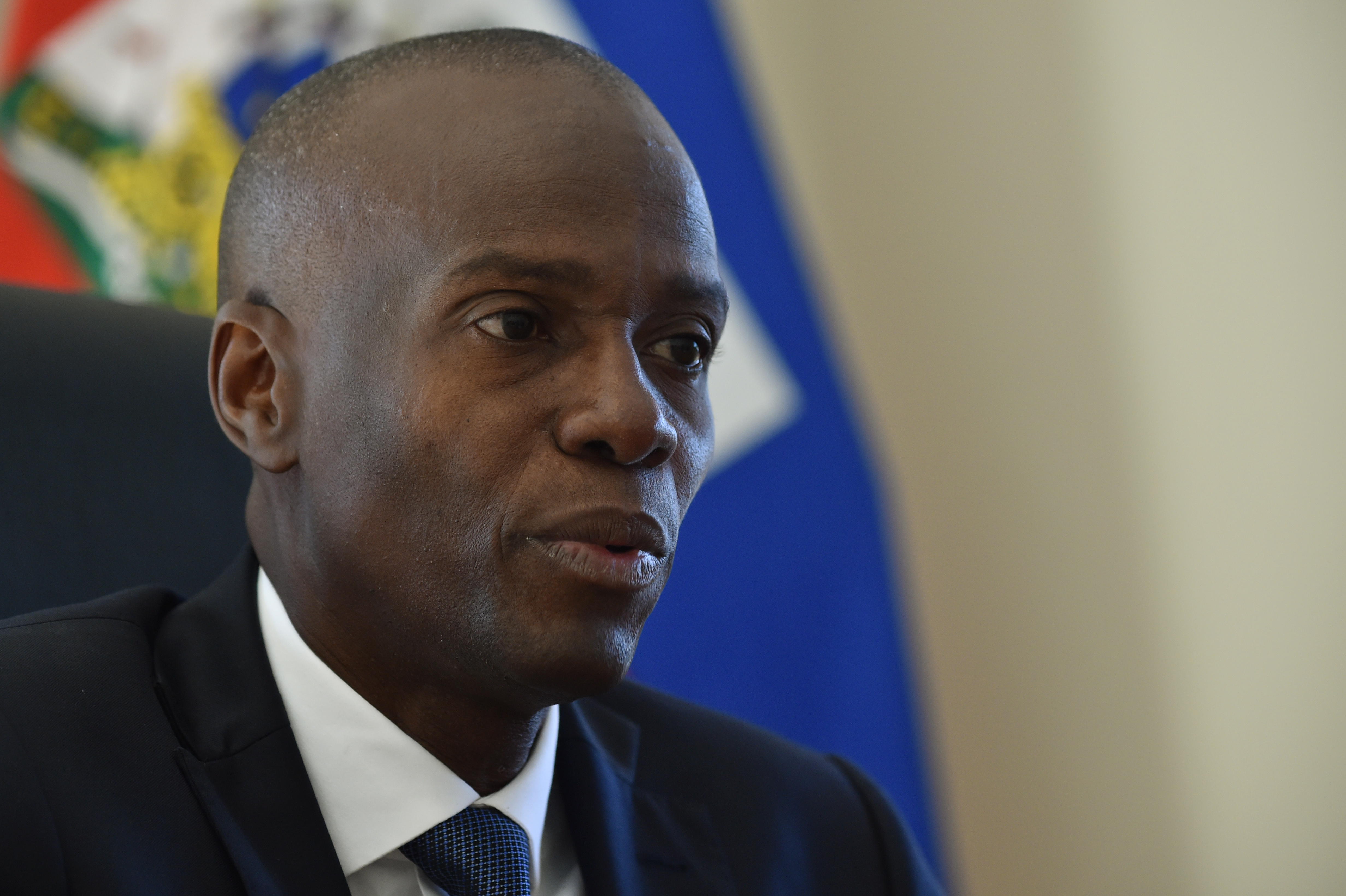
PORT-AU-PRINCE, Haiti (AFP) — Jovenel Moise won Haiti’s presidential elections with 55.6 percent of the first round vote held on November 20, according to official results released Tuesday.
The announcement by Haiti’s Provisional Electoral Council puts an end to a protracted electoral process that began in October 2015 and paralyzed the Caribbean country’s politics for more than a year.
Moise, a 48-year-old political neophyte, is due to take power February 7 to succeed Jocelerme Privert, who will by then have served for nearly a year as interim president after Michel Martelly ended his term without an elected successor.
The October 2015 vote, which had also seen Moise win, was scrapped after an independent commission found massive fraud. There were no major incidents reported in the November ballots.
But Moise’s major challengers — Jude Celestin, Jean-Charles Moise and Maryse Narcisse — also contested the preliminary results of the latest elections.
After weeklong verification of electoral materials, the electoral tribunal backed Jovenel Moise.
“There was no massive fraud. However, some 12 percent of official accounts pointed to irregularities that would not affect the process.”
The final official results gave runner-up Celestin 19.57 percent, Jean-Charles Moise 11.04 percent and Narcisse 9.01 percent.
Although he won the vote, Moise lacks strong popular support, with just 21 percent of voters casting their ballots.
Political instability has long paralyzed the economy of a country that was already the poorest in the Americas.
More than 60 percent of people living in Haiti survive with less than two dollars per day.
Haiti has a debt of more than $2 billion and growth is expected to be just one percent in 2017, due to a lack of public and private investment.
Nearly seven years after a devastating earthquake killed more than 200,000 people in January 2010, some 55,000 Haitians are still scraping by in makeshifts camps with extremely poor living conditions, according to the International Organization for Migration.
And hopes of economic recovery were dashed in early October by Hurricane Matthew, which left damage of more than $2 billion in the south of the country.
© 1994-2017 Agence France-Presse







